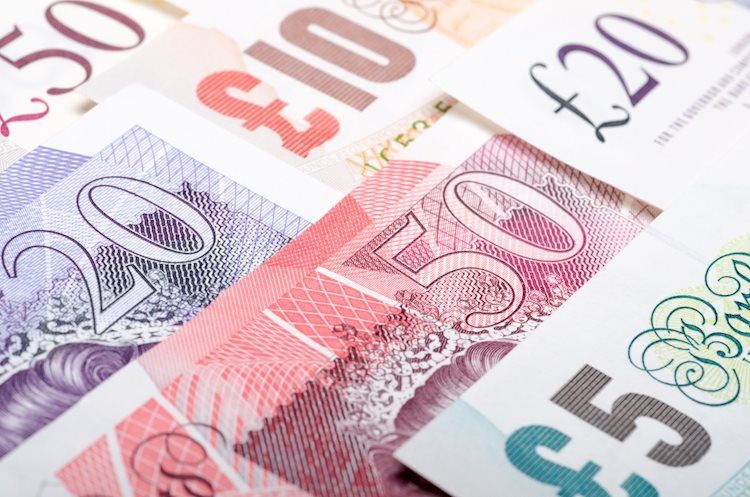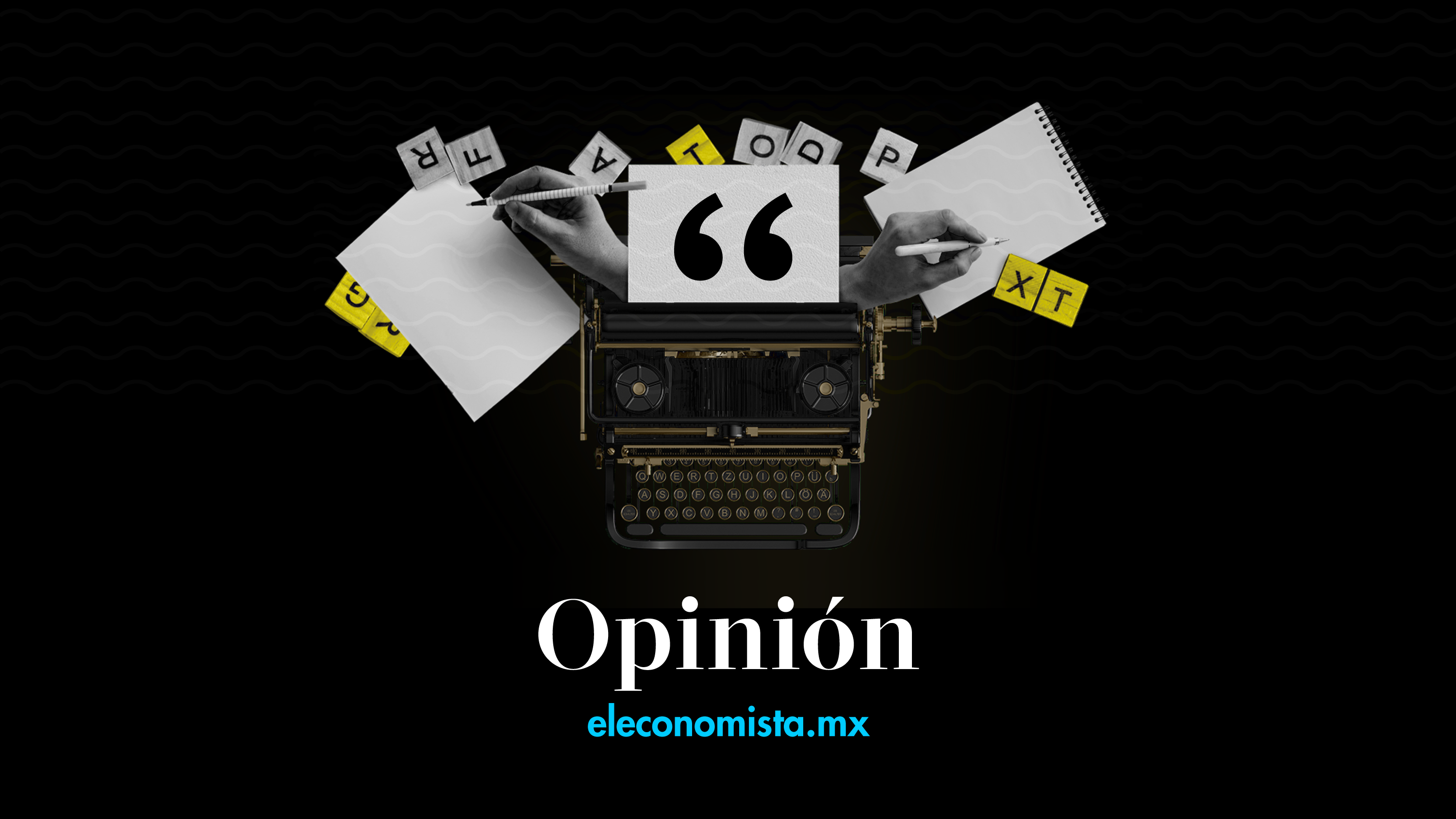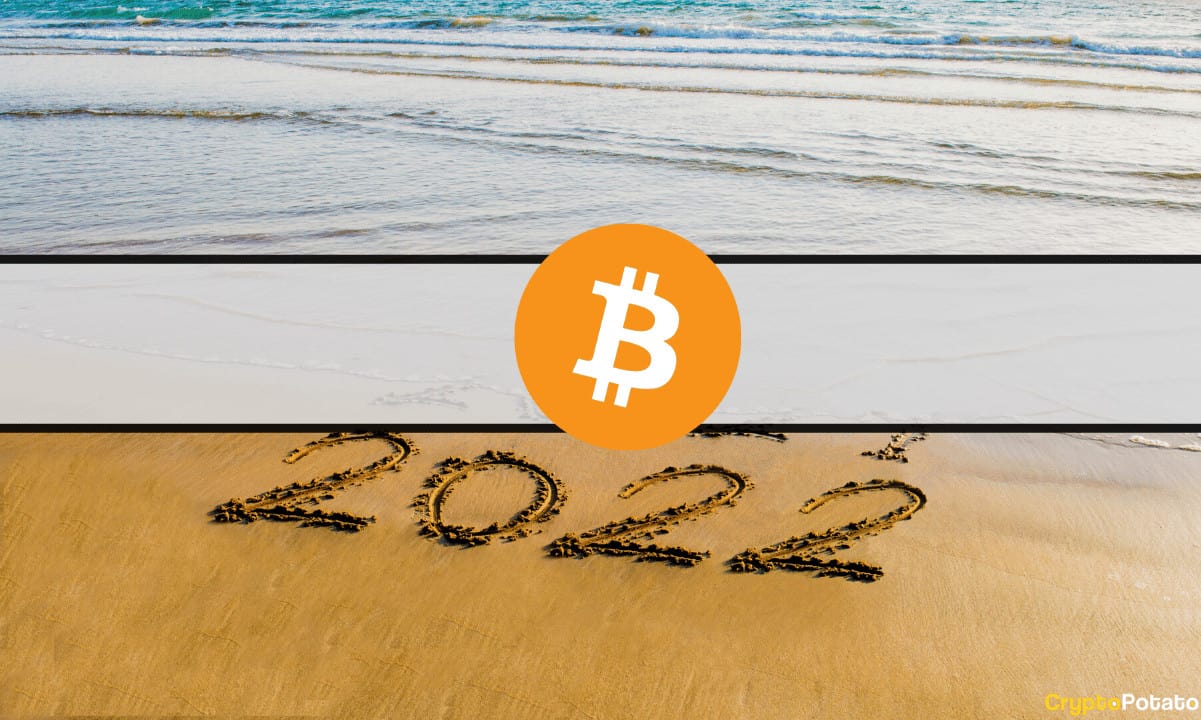Thailand is set to delay its central bank digital currency (CBDC) test and push it to late 2022, a senior official has revealed. The first testing phase was set to commence in the second quarter of next year, but it will delay the test to give all stakeholders more time to prepare.
The Bank of Thailand has been studying CBDCs since 2019, when it launched Project Inthanon. This project was set to get into high gear in Q2 of 2022, when initial testing was set to begin. However, speaking to local media, Kasidit Tansanguan, the bank’s assistant director for the financial markets department, has revealed that the central bank is being forced to push it further into the year.
The Bank of Thailand organized the testing of the digital baht under two tracks—a foundation track and an innovation track. The former was set to begin in Q2 next year. It would involve testing “the usage of CBDC in conducting cash-like activities within a limited scale, such as accepting, converting, or paying for goods and services.”
The innovation track, which would follow soon after, would expand on this testing and focus on further developments for innovative use cases of the CBDC.
As reported by the English-language newspaper Bangkok Post, the central bank has been in discussions with several stakeholders who are set to partner on the project. In these discussions, it has found that many of them will not be ready by the set deadline and will require more time to put up the digital baht infrastructure.
“The testing for both tracks will take more time to ensure digital baht functions and explore innovative use cases help people and the country’s economy,” Kasidit stated.
He indicated that the Bank of Thailand is in no rush to test or develop the digital baht, stating, “Thailand can still take a gradual step in the retail CBDC to ensure efficiency and prudence as it does have a problem with fund transfers or payments as some other countries.”
Several central banks have indicated that the CBDCs they are developing will pose a significant danger to existing stablecoins and digital currencies. One official at the European Central Bank even claimed that a digital euro is the only thing that can save the region from “the dangerous animal that is Bitcoin.”
However, Sakkapop Panyanukul, the central bank’s senior director of the economic and policy department, said the Bank of Thailand isn’t looking to compete with stablecoins or digital currencies for Thailand. He believes a CBDC will be used for transactions as a substitute for cash, while stablecoins and digital currencies are investments.
Watch: CoinGeek New York presentation, Increasing Footprints of BSV Blockchain in Middle East & South Asia
New to Bitcoin? Check out CoinGeek’s Bitcoin for Beginners section, the ultimate resource guide to learn more about Bitcoin—as originally envisioned by Satoshi Nakamoto—and blockchain.
Note: This article have been indexed to our site. We do not claim legitimacy, ownership or copyright of any of the content above. To see the article at original source Click Here













